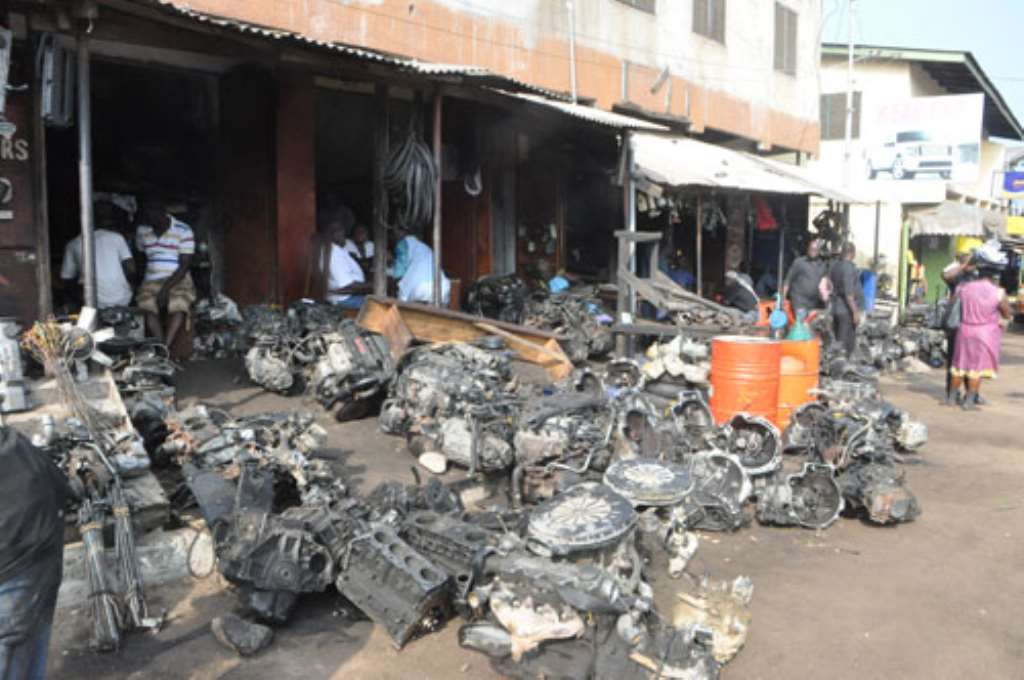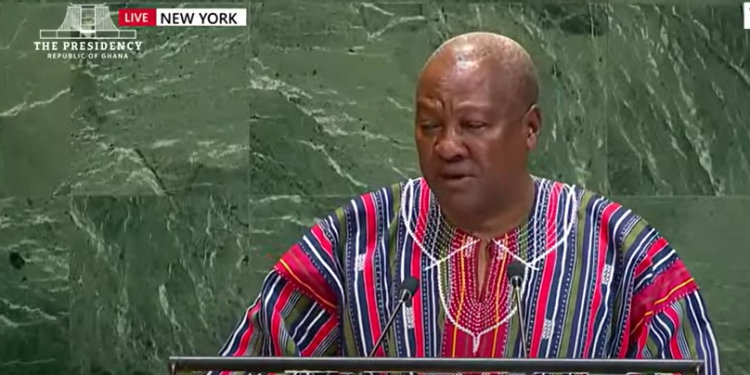The Democratic Republic of Congo (DRC) has declared a new outbreak of the deadly Ebola virus, reporting 28 suspected cases and 15 deaths in Kasai Province.
Health officials confirmed that the outbreak is affecting the Bulape and Mweka health zones, where patients have presented symptoms including fever, vomiting, and hemorrhage. Laboratory tests conducted at the National Institute of Biomedical Research in Kinshasa confirmed the Zaire strain of the virus as the cause.
In a briefing on Thursday, September 4, authorities said measures are underway to contain the outbreak and prevent further spread.
The World Health Organization (WHO) has deployed a rapid response team to Kasai Province to support the government’s efforts. The team includes experts in epidemiology and infection control, tasked with strengthening surveillance, treatment, and prevention. WHO is also sending critical supplies, including personal protective equipment and medical gear, to affected areas.
Despite logistical challenges in reaching the remote region, WHO Regional Director for Africa, Dr. Mohamed Janabi, assured the public that the organisation is committed to halting the spread of the virus.
“Banking on the country’s long-standing expertise in controlling viral disease outbreaks, we’re working closely with the health authorities to quickly scale up key response measures to end the outbreak as soon as possible,” he said.
Authorities caution that case numbers could rise as the virus spreads. Response teams are identifying and treating infected individuals while preparing to roll out treatments and vaccines. The Ervebo Ebola vaccine, proven effective against the Zaire strain, will be deployed to protect frontline health workers and close contacts.
The DRC has experienced 15 Ebola outbreaks since 1976, most recently in Equateur Province in 2022, which was contained in under three months. Officials are optimistic that similar swift action will help curb the current outbreak.
Health experts remind the public that Ebola is a severe and often fatal illness transmitted from animals to humans or through direct contact with bodily fluids—such as blood, sweat, or saliva—of infected individuals, whether alive or deceased. They urge communities to remain vigilant and avoid risky contact to reduce the spread of the disease.














